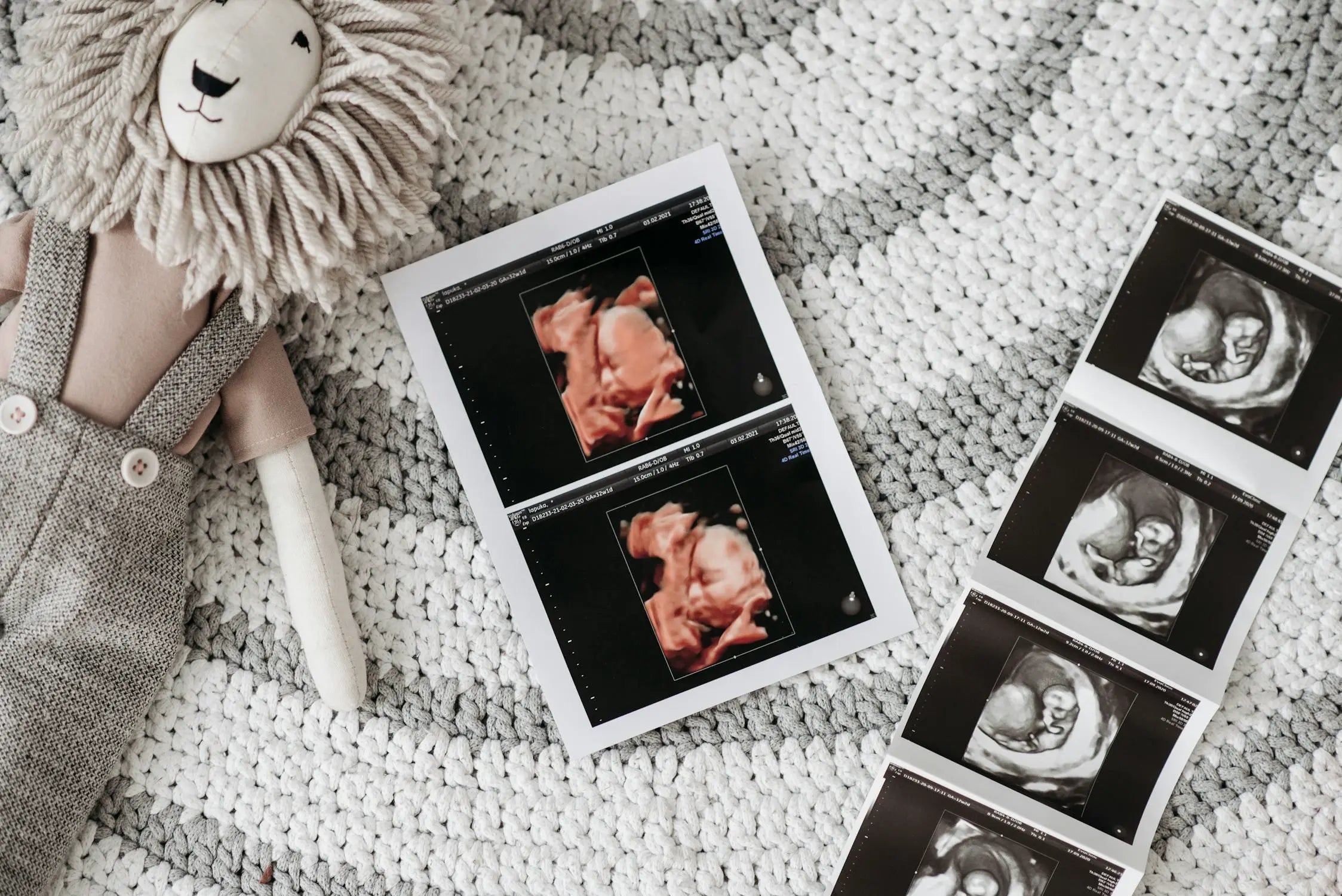Accueil
Pregnancy, Breastfeeding, and Pumping: The Ultimate Guide for Moms
Can I Take a Pregnancy Test After 7 Days? What You Need to Know

Can I Take a Pregnancy Test After 7 Days? What You Need to Know
When it comes to pregnancy testing, timing is everything. Many people wonder, Can I take a pregnancy test after 7 days? The answer depends on several factors, including the type of test, the timing of ovulation, and individual hormonal levels. Let’s dive into the details to help you understand when and how to take a pregnancy test for accurate results.
Understanding How Pregnancy Tests Work
Pregnancy tests detect the presence of human chorionic gonadotropin (hCG), a hormone produced during pregnancy. This hormone is released when a fertilized egg attaches to the uterine lining. The levels of hCG increase rapidly in the early stages of pregnancy, doubling approximately every 48 to 72 hours.
Most pregnancy tests are designed to detect hCG in urine. However, the sensitivity of these tests varies. Some tests can detect lower levels of hCG, making them more effective for early testing. Blood tests, on the other hand, can detect hCG even earlier but require a visit to a healthcare provider.
When Can You Take a Pregnancy Test After 7 Days?
The timing of a pregnancy test depends on when ovulation and conception occurred. If you’re asking, Can I take a pregnancy test after 7 days? it’s important to consider the following:
- Ovulation Timing: Ovulation typically occurs around 14 days before your next expected period. If conception occurs shortly after ovulation, it may take 6 to 10 days for the fertilized egg to implant in the uterus.
- hCG Production: After implantation, hCG levels begin to rise. However, it may take a few more days for the hormone to reach detectable levels in urine.
- Test Sensitivity: Some tests are more sensitive and can detect lower levels of hCG, making them suitable for early testing.
In most cases, taking a pregnancy test 7 days after ovulation or conception may be too early to detect hCG. However, if you have irregular cycles or are unsure of your ovulation date, it’s best to wait until after your missed period for more accurate results.
Factors That Affect Pregnancy Test Accuracy
Several factors can influence the accuracy of a pregnancy test, especially when testing early. These include:
- Test Sensitivity: Tests with higher sensitivity can detect lower levels of hCG, making them more reliable for early testing.
- Timing of Testing: Testing too early can result in a false negative, as hCG levels may not yet be detectable.
- Urine Concentration: Using first-morning urine, which is more concentrated, can improve the accuracy of the test.
- Medications and Medical Conditions: Certain medications or medical conditions can affect hCG levels or interfere with test results.
If you’re unsure about the results, consider retesting a few days later or consulting a healthcare provider for confirmation.
What to Do If You Get a Negative Result
If you take a pregnancy test after 7 days and receive a negative result, don’t lose hope. It’s possible that hCG levels are still too low to detect. Here’s what you can do:
- Wait a Few Days: Retest after a few days, especially if your period is still delayed.
- Track Your Symptoms: Pay attention to early pregnancy symptoms, such as fatigue, nausea, or breast tenderness.
- Consult a Healthcare Provider: If you’re experiencing symptoms or have concerns, seek medical advice for further testing.
Remember, a negative result doesn’t always mean you’re not pregnant. Patience and timing are key.
When to Seek Medical Advice
If you’ve taken multiple pregnancy tests and received conflicting results, or if you’re experiencing unusual symptoms, it’s important to consult a healthcare provider. They can perform a blood test or ultrasound to confirm pregnancy and address any concerns.
Additionally, if you’re trying to conceive or have questions about fertility, a healthcare provider can offer guidance and support tailored to your needs.
So, can you take a pregnancy test after 7 days? While it’s possible, the accuracy may vary. Understanding the science behind pregnancy testing and knowing when to test can help you get the most reliable results. Whether you’re eagerly awaiting good news or simply seeking clarity, being informed is your best tool.
Partager
